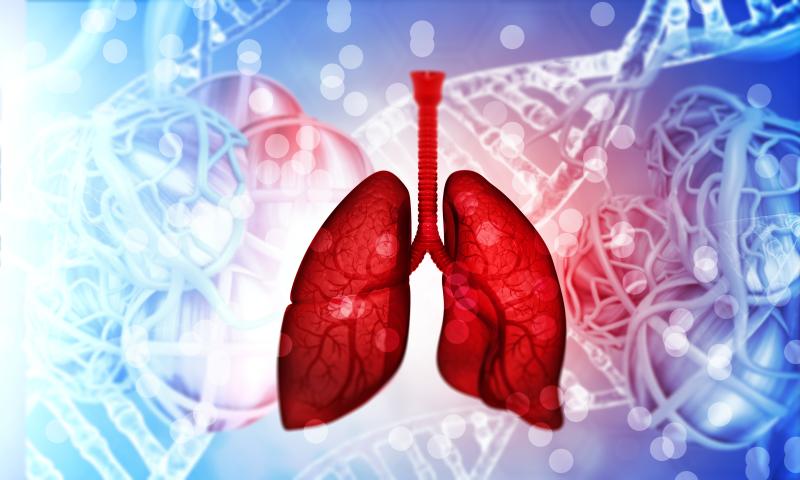
Age does not appear to affect the efficacy of nivolumab for non-small cell lung cancer (NSCLC), a recent study has found. A more important factor to look at, instead, would be performance status.
Researchers conducted a retrospective study of 324 NSCLC patients (median age, 65 years; 65 percent male) who received nivolumab for compassionate use. Safety and efficacy endpoints included adverse events and clinical benefit rate (CBR) and were compared according to age and Eastern Cooperative Group performance status (ECOG-PS).
Of the participants, 216 were younger than 70 years of age, while the remaining were at or above this age. Most were also of ECOG-PS score 0/1 (n=224), while 87 had ECOG ≥2.
The overall response rate (ORR) in the total cohort was 21 percent. This was not significantly different between the younger and older subgroups (19 percent vs 23 percent; p=0.675). The same was true for CBR (30 percent vs 41 percent; p=0.113) and median progression-free (3.7 vs 4.0 months; p=0.483) and overall (8.4 vs 9.3 months; p=0.638) survival.
In contrast, performance status appeared to be an important indicator of nivolumab efficacy. ORR was significantly worse in those with higher ECOG-PS scores (15 percent vs 24 percent; p=0.012) as was CBR (23 percent vs 38 percent; p=0.009). Survival outcomes were similarly impaired in patients with poorer performance status.
These patterns were also reflected in the analysis of treatment safety. The overall prevalence of adverse events was comparable between age groups, but was lower in patients with ECOG-PS scores ≥2.